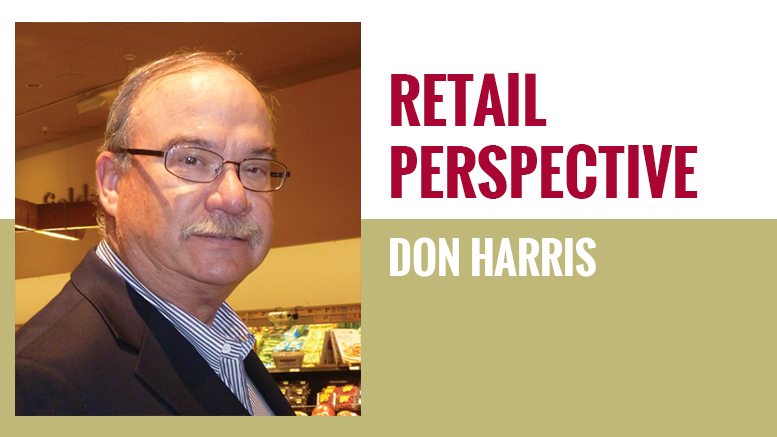Be True to Your Cause
November 1, 2017 | 7 min to read
Monday morning meetings often prompt management to scrutinize competitors, seeking to replicate their success. However, chasing competition can lead to confusion and a diluted brand identity. Successful retailers should focus on enhancing their unique strategies rather than imitating others. Maintaining a clear direction and resisting the allure of broadening appeal is essential for growth. Ultimately, steadfastness in a company’s vision fosters clarity and continuous success in a landscape filled with “me too” operations.

 Many Monday morning meetings focus on observations made by management during weekend visits to the competition. These observations usually focus on what the competition is doing that, in the mind of management, should be incorporated into the company’s strategies and operations.
Many Monday morning meetings focus on observations made by management during weekend visits to the competition. These observations usually focus on what the competition is doing that, in the mind of management, should be incorporated into the company’s strategies and operations.
Management often wonders, “Why can’t we do that?” or “How can they sell it for that price? We need to be cheaper!” These questions once again prove management “just doesn’t get it!”
These types of recommendations and observations are often motivated by misguided perceptions that we need to be all things to all people. Granted, we need to reach out to as many customers as possible; but any company that tries to appeal to everyone is going to have a difficult time, and may end up not having appeal to anyone.
The history of retailing is littered with many examples of companies that were enjoying success and then tampered with the formula by trying to be something that they were not. In many cases, these changes go against “normal” operations and are in contrast to what allowed them to attain success. While innovation and moving forward are key to staying on the cutting edge of retail, companies must be very careful to make sure that any new concept or direction enhances the present strategy and direction, not harm it.
A successful retailer always looks to build upon the concepts, presentation and operations that have helped to build its foundation and perpetuate its momentum to drive sales. It is easy to fall into the trap of imitating what competitors are doing to capture additional customers. The key question should be, “Is this action consistent with what we really believe?” Simply reacting to lower prices or different merchandising strategies by the competition, or different advertising approaches without serious thought and evaluation, is a slippery slope that leads to confusion among customers and your employees. Ultimately, it’s an easy way to end up with an analogous, dull operation.
While innovation and moving forward are key to staying on the cutting edge of retail, companies must be very careful to make sure that any new concept or direction enhances the present strategy and direction, not harm it.
By chasing the competition you are committing a mortal sin in the world of retail. You are surrendering your initiative and successful operation to gain a goal that is basically unattainable. You need to realize you cannot be everything to everyone, and that someone will always be better at certain parts of retailing than you are. The key is to make decisions and provide strategies that move toward your best direction. Your success was built on the unique strategy of how you go to market, and you must understand that is what you are good at. You need to do everything you can to maintain that direction and enhance it in the eye of the customer. By trying to be something you are not or something that goes against the customers’ perception of your operation only brings confusion about who you are and what you offer.
To stay the course is difficult, as there will always be pressure to react to competitive activity. Again, the key is how you react to the competition and how you challenge, yet maintain the company’s image and value proposition. You must always remember that if you stray from the course instead of developing it, it will take substantially more effort, time and money to return.
Many occasions will require you to stand against management’s opinion for change. It’s essential to the success and survival of your operation that you remain steadfast in the course of your operation. In a world of sameness and “me too” operations, the courageous retailers that resist the trappings to change will be rewarded. Be certain of what your true vision is and be sure the operation reflects that vision. The reward: continuing success and growth.
Don Harris is a 41-year veteran of the produce industry, with most of that time spent in retail. He worked in every aspect of the industry, from “field-to-fork” in both the conventional and organic arenas. Harris is presently consulting and is director of produce for the Chicago-based food charity organization, Feeding America. Comments can be directed to editor@phoenixmedianet.com.
38 of 41 article in Produce Business November 2017

